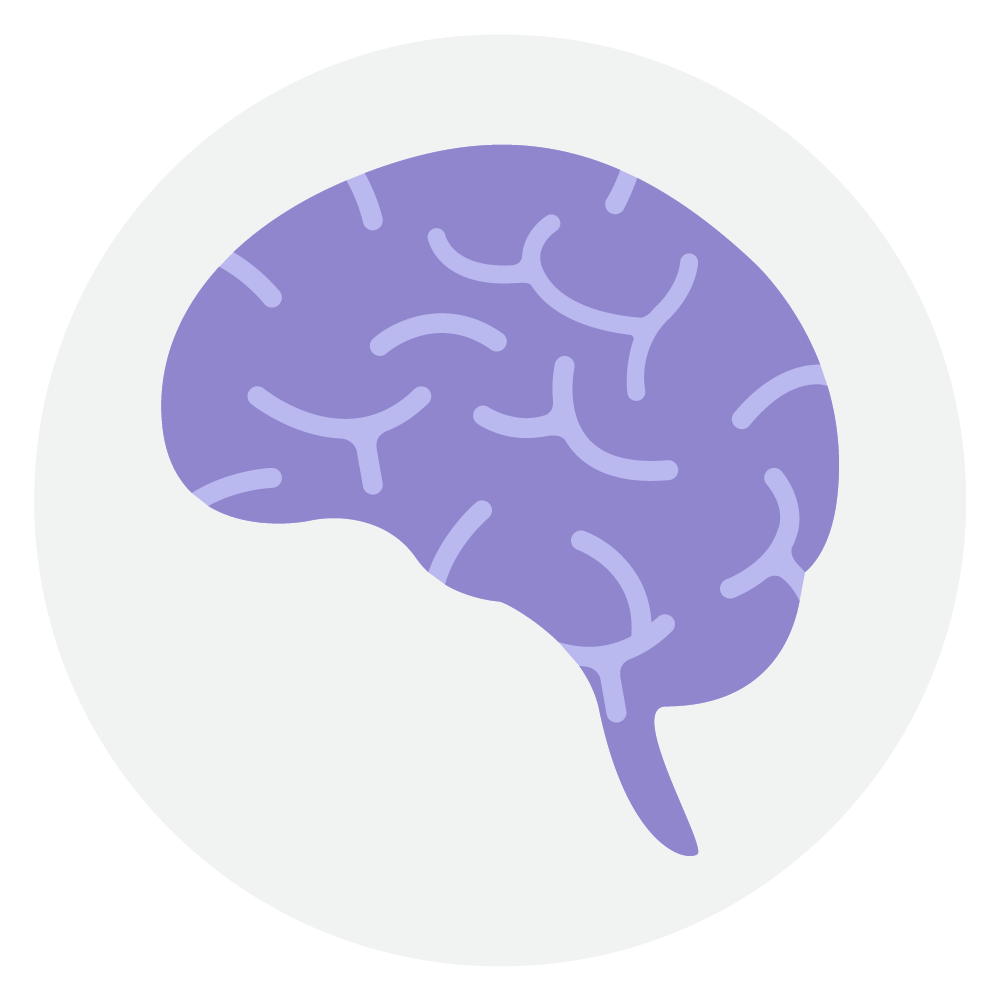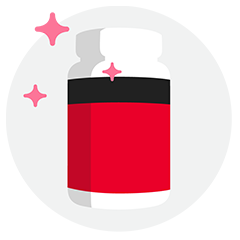The Effects of Sleep Deprivation and How to Overcome It
Created on: January 13, 2021

What is sleep deprivation?
Sleep deprivation is a situation or condition that leads to a lack of consistent, restful sleep. Most experts agree that 7-8 hours of sleep per night is ideal, though it’s only recently that we’ve come to grasp fully the health consequences of sleep deprivation.
The importance of having proper sleep
Sleep plays an intricate role in virtually every system of the body. It is instrumental in supporting cognitive function, decision-making, intelligence, and creativity. The immune system also regenerates overnight, clearing the brain of toxins and allowing organs to repair themselves. Sleep further affects mood by lowering stress, anxiety, and symptoms of depression and other health problems.
How to know if I’m not getting enough sleep?
Sleep deprivation can manifest in the mind as moodiness, drowsiness, lack of coordination, and lowered creativity, and in the body as high blood pressure, metabolic syndrome (which can lead to blood sugar imbalance), decreased immunity, and digestive disorders including constipation and diarrhea.
Who are most likely to be sleep-deprived?
New parents and shift-workers are most likely to feel the effects of sleep deprivation. Teenagers, students, and gamers—who face the added disruption of blue-screen glare—are more likely to have sleep issues, as do high-performance managers and executives working under increased pressure.
According to a Statistics Canada report from December 2018, nearly 25% of Canadians claim to experience symptoms of insomnia, and about 30% report that they sleep for less than the recommended seven to eight hours each night.
Short term consequences of sleep deprivation
Sleep deprivation increases activity in the sympathetic nervous system and the hypothalamic-pituitary-adrenal (HPA) axis, which governs our fight-or-flight response. This increase, in turn, affects our circadian rhythms and raises inflammatory responses in the body, leading to increased stress, pain, mood disorders (such as depression and anxiety), emotional distress, and lowered memory and performance.
How does less sleep lower the immune system?
When we don’t get proper sleep, the production of cytokines—proteins that regulate inflammation—decreases, making us more susceptible to common illnesses like the common cold.
Does sleep deprivation lead to weight gain?
Absolutely! People who get more sleep produce less of a hunger hormone called ghrelin, which increases appetite. And when we’re sleep-deprived, we produce less leptin, the “satiety hormone,” which lowers appetite.
In fact, people who get six hours of sleep per night are 23% more likely to be overweight. This number increases to a staggering 73% with four hours of sleep per night.
Long term effects of insufficient sleep
According to an article published in 2019 by Global News, researchers have made a connection between lack of sleep and certain detrimental health conditions. It found that those getting less than six hours of sleep every night were more likely to suffer from:
- Hypertension
- Coronary heart disease
- Diabetes
- Alzheimer’s disease
- Depression
How sleep deprivation affects your heart
The same stress responses that inhibit immune function also lead to higher blood pressure, increasing the heart rate. Left unchecked, this can lead to a stroke or heart attack.
Sleep deprivation and Alzheimer’s disease
New research in 2019 showed how sleep has a direct impact on our brain’s ability to wash away toxins and waste via the ‘Glymphatic System’—the brain’s very own garbage disposal system. As sleep becomes increasingly lighter and disrupted with age, the study reinforced the link between sleep deprivation and the risk of developing Alzheimer’s disease.
Develop good sleep habits
Obtaining healthy sleep is critical for physical and mental health, and everyone from children to older adults can benefit from better sleep.
Why is a bedtime routine important?
Focusing on a bedtime routine is one of the most effective ways to set yourself up for better sleep, and it costs virtually nothing. Here are a few tips to consider:
- Take 30 minutes to relax: Consider quiet music, reading, or relaxation exercises to prepare the mind to rest.
- Dim the lights: Stay away from bright lights as it can hinder the production of melatonin, the hormone that the body creates to make you feel sleepy.
- Put away your electronics: Make the last 30-60 minutes of the day a device-free time. Cell phones, tablets, and television screens generate blue light that decreases melatonin production.
Other lifestyle habits
Getting adequate sleep at night means supporting your circadian rhythm and limiting sleep disruptors during the day. Here are a few habits to incorporate:
- Enjoy daylight exposure: Sunlight is one of the regulators of circadian rhythms. Aim for 10 minutes of sunlight every morning.
- Exercise: Regular exercise offers a host of health benefits and makes it easier to sleep at night.
- Avoid alcohol: Alcohol disrupts your body’s ability to detoxify while you sleep, making it harder to wake up feeling rested.
- Avoid caffeine after 2 p.m.: As a stimulant, caffeine keeps you awake, so be aware if you’re consuming caffeine to make up for lack of sleep.
Natural sleep support with melatonin
What is melatonin?
Melatonin is one of the main hormones involved in sleep regulation. It is secreted from a small gland in the brain called the pineal gland as daylight begins to decline.
Functions and benefits of melatonin
Melatonin regulates your sleep-wake cycle, known as your circadian rhythm. As we age, we produce less melatonin, making sleep disruption a more significant issue in older adults.
Supplementation with 3-6 mg of melatonin has been shown to be very useful in helping induce and maintain sleep in both children and adults. Studies also show that the slow-release form, as seen in products such as Innovite’s Sustained Release Melatonin, yields better sleep effects than regular melatonin.
For natural sleep support, try a melatonin supplement. And until next time, sweet dreams!






